Click here for Exit the Cuckoo's Nest's posting standards and aims.
Click here to sign the People's Proclamation and send it to everyone you know.
The Battle for the Mind: How to Exit an Artificial Reality
[This is a transcript of a Rising Tide Foundation lecture delivered December 18, 2022 which can be viewed here.]
The above is a picture from George Cukor’s movie ‘Gaslight’ (1944) which is what originated the term “gaslighting.” [The definition of gaslighting is to manipulate someone using psychological methods into questioning their own sanity or powers of reasoning.] I would suggest people do watch this movie because it is indeed useful in understanding how gaslighting works. I will be going over this movie briefly later in this lecture since, despite the movie being useful, there is especially something missing at the end that if it had been included would have made this movie in whole a classical composition, meaning its lesson would have become its most profound while also being its most empowering.
Culture is basically an essential component, we have forgotten that, Culture and Art are an essential component to how we view ourselves and how we view the world that we live in. They are instruments but they are also foundations for us to judge the so-called ‘reality’ we live in. And I will get into this question of how we are supposed to be thinking of a ‘reality,’ because even attempts to portray an objective reality are not accurate. There is no such thing as a fully ‘objective reality.’ This is because so-called ‘objective’ reality ultimately relies on the senses and our senses are not objective reality, as we can see with even the visual domain, there is so much that the eye cannot see that does exist (and the instruments we create will also be limited in this capacity).
This lecture is going to focus on what exactly happened to particularly western culture in the 20th century in a very conscious way, such that today we find ourselves in a crisis of existentialism and basically paralyzing cynicism where people view the world they live in as something ugly and something wrong but they can’t view an alternate reality, they don’t actually believe that there could be an alternate reality. And that was consciously programmed into the cultural transformation that occurred in the 20th century.
Aldous Huxley was on the frontline of this cultural transformation, other people like H.G. Wells and Bertrand Russell, were very much at the start of looking at the world differently because it was decided that the old world of the Classics was actually at the source of the world’s problems.
So that is very much the kind of world that we are living in today, a scientific dictatorship, but also more importantly a world where we have grown to love our servitude or, if you don’t love it, we cannot see a world outside of it. The latter believe that this is wrong but cannot believe in a world where good not only exists but takes a precedence in all things. ‘We tried but we failed and thus we can only do the best we can to survive at this point.’
That is a completely conscious thought that has been inserted into the cultural mindset and these type of ugly ideas couldn’t have been successful without first burying or misrepresenting or diluting, or in the case of Shakespeare, they try to use it as a template for more ‘modern themes’ and lose what was the original purpose and essence of the work of Art.
One person that we have largely lost from our awareness in the Arts is Friedrich Schiller, who is pretty much the Shakespeare of Germany.
Pushkin, the famous Russian poet, you could say the Russian Poet of Freedom, he was very much influenced by the works of Schiller, and both poets were very much influenced by the works of Shakespeare.
The burying of Schiller was done in a very conscious way because Schiller actually offers the antidote, more so than any other poet or philosopher that I have read, where we can unite the moral world, the beautiful world and the good with reality in a harmonious union; it is not something that needs to be forced, or lectured or preached upon people but we are actually happy to do it and we take joy in forming such a union.
The point of this lecture is to make us consciously aware of what has been happening for over the last one hundred years in terms of the cultural and spiritual existentialism that has come through especially after the First World War, such that the youth generation who lived through the First World War came to be known as the ‘Lost Generation,’ this outlook has continued throughout all of the following generations such that today we now have debilitating cynicism as the new framework and this has been specifically manufactured for the purpose of enslaving the population. You don’t need any use of force or other extreme measures if you have a population that ultimately believes in an extreme form of existentialism.
As Aldous says we have plenty of bread, circuses, miracles and mysteries in our day in age, but that is not what ultimately creates a population that will remain essentially paralyzed while tyranny increasingly takes reign over the people. The true source of our enslavement is our rejection that there could be an alternate reality, that the world could exist with the Good presiding and that Harmony can be an everlasting thing.
It is our culture, our education and thus our arts and our warping of religious and spiritual teachings that have caused many to accept an artificial reality where they can only exist in some form of a slave. Many, not all but I would dare say the majority, who in the west at least, claim to have religion and spirituality also accept this artificial reality of a slave. They may argue that it is not a permanent state but do not resist or challenge it, they may accept that those who participate in such a degraded world will be judged accordingly and think themselves safe since they have simply checked out, unplugged themselves from constructively participating in anything. And then there are those, who are growing in number, who think that such a calamity must be brought about in order to finally cleanse the world and purge it of its ‘human pollutants.’
Thus, we live in a world where the majority believe that the world is the way it is because it is and cannot exist otherwise. This is all one essentially needs of a population in order to enslave it, for such a people will not even lift a finger in challenging the merits of such an ugly and unjust system.
Everything that Schiller wrote (including his plays, his poetry, his essays, his historical writings) was an investigation of how one could possibly unite the Moral with the Free. At the time Immanuel Kant was one of the most popular philosophers and remains so to this day. Many of us have actually adopted the Kantian thinking, whether we are aware of it or not. Kantian ethics revolve around the idea of ‘duty’; actions that are performed around a principle of duty was thought to be the only way we can judge moral worth and value. Thus the expression ‘to be Kantian…’ This overlaps a lot with stoicism which Kant took further.
Kant’s idea of world duty is deemed the highest order, in such a world all else will be subject to this rule, including the Arts and what we judge to be the Beautiful, the Good and the Free. Schiller disagreed with this entirely and thought its effects were incredibly destructive because it taught us that we can only be considered ‘good’ or ‘moral’ or whatever honorable title, through us forcefully intervening on ourselves by taming our instincts and our desires. Thus, we are not inherently good but rather inherently ungood, and we must forever intervene on ourselves to become ‘good.’
Under this view, everything becomes various tones of grey. Where is the Life, the Joy and Happiness, the Beautiful and the Free to fit in such a construct if they do not fit into some rigid mould of ‘duty’? And the question is also raised, “duty to what exactly?” Thus, under the Kantian view there would always be a piece of ourselves that we would have to keep forever hidden, locked up, caged and we would have to beat this animal within us to keep it from becoming too unwieldy, we would have to starve it to not succumb to its desires.
What Schiller brought forth was that this was entirely wrong and that our instincts and desires are not inherently or naturally bad but rather must simply be cultivated, as we cultivate ourselves in other affairs such as speech. We are not born with the ability to speak language, but once we learn it, it is not something unnatural to us but rather not only natural but essential for our thinking and being. Schiller argued that we could cultivate ourselves in this manner such that our natural instinct, without hesitation or thought, would be naturally in tune with the Good. And that nature, including our own nature, is not something to be looked down upon or constantly whipped but rather is essential to us accessing this better part of ourselves and I will elaborate further on this as we go forward.
As already mentioned, Schiller was the Shakespeare of Germany. The famous Italian composer of operas Giuseppe Verdi had brought to the operatic stage many of Schiller’s works such as Giovanna d’Arco (Joan of Arc, based off of Schiller’s play The Maid of Orleans), I Masnadieri (Schiller’s The Robbers), Don Carlos and Luisa Miller. I highly recommend people watch these performances, especially that of Don Carlos, which is set in the backdrop of the Spanish Inquisition, and Joan of Arc.
Another very famous drama that Schiller wrote was Wilhelm Tell which is a story that partakes in real history, of how Switzerland became a Republic in opposition to the ruling monarchy/empire that was subjecting the people at the time. And the Rütli Oath was made famous because of Schiller’s play Wilhelm Tell.
Very powerful words. At the time of Schiller writing this the American Revolution had occurred not that long before and there was a lot of desire within Europe to do the same, to overthrow monarchy and the feudal system that was enslaving the people and to form republics for the welfare and the benefit of the people for the first time. So the United States was a real inspiring model for a lot of people, many patriots, in Europe.
There was a great effort to bury Schiller’s works for this reason because he was very much focusing on encouraging this movement for the people to achieve freedom through not just establishing a republic but he was also very much focused on how this could be achieved culturally, which is really the more important thing, you have to first have a free identity before you can commit actions in support of an idea of freedom. Otherwise it can become very confused and chaotic as we saw with the Jacobin Terror from the French Revolution unfortunately.
Schiller was once very celebrated and not just in Germany but all over the world. As I already mentioned Pushkin, the poet of freedom in Russia, was also very much influenced by Schiller, and Pushkin has done much for the Russian culture. To this day, the Russians cherish Pushkin, the British continue to cherish Shakespeare as one of their own, but sadly the Germans have forgotten Schiller and that was a conscious act which I will get into a little bit further.
A citizenry that would rather die than live in slavery and never be afraid of human power, that is, the force of tyranny, which is a human power. Tyranny is not omnipotent, it is not an absolute power and we shouldn’t tolerate its attempts to subject itself upon us. We should not allow ourselves to disbelieve, to abandon this idea of the Good, the Beautiful and the True merely because of some human tyrannical power which holds really no permanence in the world that we live in.
Such a people that would rather die than live in slavery is certainly not acceptable story-telling for children let alone adults in a world ruled by tyrants who say we do not have a right to choose what the future holds. Schiller’s works focus on how to achieve freedom from tyrannical rule including on the level of culture which is often forgotten as an essential component to freedom and an essential component in dictating whether a society will be made up of free people or a society of slavish people.
So why did Germany forget Schiller?
[For those who have read my recently republished paper “Germany’s Stockholm Syndrome” there is some overlap with this section of the lecture, however, the majority of this lecture has unique content which you can skip ahead to the Adorno section if that is your case.]
Goethe who is still remembered and celebrated in Germany was a close friend and ally of Schiller. Both Goethe and Schiller were recognised in the 19th century as the two most revered figures in German classical literature. Both men had lived in the city of Weimar located in central Germany and were the seminal figures of the literary movement known as Weimar Classicism. Weimar Classicism, contrary to what Wikipedia would have you believe, was never a new humanism which emerged from the ideas of Romanticism. In fact it was the mythologies of the Romantic movement that launched a form of cultural warfare against the German classics.
From Nietzsche to Wagner, the Romantic protest movement of the German Youth Movement, to the romantic cultural pessimism and existentialism of the post-WWI period (known as the ‘Lost Generation’), all of these waves of thought were essentially a part of the same uninterrupted tradition that ran counter to German Classicism. Since it was Germany which had become a leader in the western world in creating geniuses in the classics and thus Germany was the one which under the most heavy attack.
All of these so-called romantic movements promoted forms of heroic nihilism who helped shape the ideological movement of the Nazis later on.
The Congress of Vienna (1814-1815) is what started this whole cultural warfare on Weimar Classicism in particular. (Weimar Classicism was also why Germany had so many great composers who came out or were influenced by this period.) Many historians recognise that the Congress of Vienna, which was responsible for the inhumane carving up of Europe after the Napoleonic Wars was largely to blame for the political foment that led to World War I a century later.
Another Congress of Vienna was the Carlsbad Decrees which was adopted at the German Confederation in 1819 and which upheld the rule of empire and monarchy. So again, this was a very clear reaction to the American Revolution inspiration that was occurring in Europe, there was this heavy-handed intervention in Europe because of this and part of this were the Carlsbad Decrees which were to ban any kind of art that was promoting this idea of freedom of the people, free from empire and free from monarchy and tyranny.
The Carlsbad Decrees established severe limitations on academic and press freedoms and set up a federal commission to investigate all signs of political unrest in the German states, this was in reaction to the wave of Republicanism sweeping through Europe after the success of the American Revolution against Britain’s monarchy. Thus, the organizers of the Congress of Vienna saw this spirit of Republicanism as a form of revolutionary sedition which had to be crushed at its cultural root at all cost.
And that is also why the United States had a lot of the best of these people who were teaching the classics and who were artists of this classical movement, many ended up going to the United States to escape the Carlsbad Decrees.
The Weimar Classical period beginning at around 1772 was named after the place where much of the leading thinkers lived at the time such as Goethe and Schiller, Wilhelm and Alexander von Humboldt also lived in Weimar (the Humboldt educational reforms were one of the things that became heavily attacked under the Carlsbad Decrees). The Weimar Classical period was defined by a revolutionary spirit for creativity in literature and culture. It was not just about creating anew but about building upon the richest classical traditions of the past and was very much influenced by Greek Classicism in particular.
Goethe and Schiller became the leaders of the literary dimension of this movement. Goethe would be appointed the Director of the Weimar Theatre (the National Theatre today) in 1791 and it was during this period that Schiller’s epic dramas such as the Wallenstein Trilogy, the Maid of Orleans (Joan of Arc), Maria Stuart (the story of Mary of Scots and Queen Elizabeth I) and Wilhelm Tell were first performed on the stage.
Schiller known during his time and beyond as the Poet of Freedom wrote Wilhelm Tell in 1804 and it is considered a masterpiece to this day and is especially loved by many in Germany and Switzerland. It is a story of how empire and tyranny were defeated by a people who upheld and defended their dignity and liberty. The folk story is set in 14th century Switzerland during the Habsburg rule of the Austrian Empire. According to historical records, referenced in the White Book of Sarnen, written in 1474 as a collection of medieval manuscripts, the Rütli Oath was a conspiracy to overthrow the Habsburg tyranny and is what launched the Burgenbruch rebellion. Among the names mentioned in the medieval manuscript is that of the hero, Wilhelm Tell.
This small grouping of Swiss people from just three cantons (townships) at the time, which grew to 26 cantons, went on to oppose the tyrannical rule of the Austrian Empire and form the Heveltic Confederation. The Rütli Oath was the first declaration of independence for Switzerland.
Germany during the time of Schiller’s writing “Wilhelm Tell,” was not a sovereign nation but rather was ruled between the Austrian Habsburg Monarchy and the Kingdom of Prussia. After the Napoleonic era, the Congress of Vienna founded the German Confederation (as a replacement to the Holy Roman Empire), loosely made up of 39 states. The Emperor of Austria held the permanent “presidency” of this German Confederation until the Seven Weeks’ War between the Kingdom of Prussia and the Austrian Empire in 1866. Prussia won and took over the “inherent right” to rule the German lands.
Thus, the effects of Schiller’s controversial choice of historical setting for his epic drama “Wilhelm Tell” during his life and beyond, should not go unnoticed. Schiller had chosen to stress this period in history, very much like what Shakespeare had done, as a lesson for the people of his time, that no one should subject themselves to the folly and whim of a tyrant. In turn, Schiller defined the spirit that would be required to oppose the bondages of empire and imperial rule. It is for this reason that “Wilhelm Tell” is still among the most loved dramas of Schiller.
It is no coincidence that Beethoven (1770-1827) would choose a poem by Schiller, “Ode to Joy” to culminate his own life’s work in his 9th Symphony.
Beethoven was also for Republicanism and his 9th Symphony is clearly a call for the voice of the people to rejoice in the recognition that all men are brothers and that all humankind was destined to live in harmony and peace. Ode to Joy was originally titled “Ode to Freedom” by Schiller. Alexander Thayer in his biography of Beethoven wrote “the thought lies near that it was the early form of the poem, when it was still an ‘Ode to Freedom’ (not ‘to Joy’), which first aroused enthusiastic admiration for it in Beethoven’s mind.”
This is the spirit that came under attack with the Carlsbad Decrees, how wonderful is that that Beethoven’s “Ode to Joy” was performed by a 10,000 person Japanese chorus, which just goes to show how this is universally understood as a call for freedom. The performance of this piece with a 10,000-person chorus is meant to represent the voice of humankind.
This was the spirit that came under attack also by the Romantic movement as epitomised by Richard Wagner and Friedrich Nietzsche. It is also no coincidence that Wagner was Adolf Hitler’s favourite composer, you may think this is unfair to Wagner but it is nonetheless relevant.
Wagner and Nietzsche are very much the fathers of the art and cultural movement we live in today and we have seen how extreme these art forms have taken shape and how they continue to attack classical art especially classical music. Hollywood movies have long projected the idea that a deep appreciation of classical music is now often portrayed as connected to Nazis or psychopaths, especially where the music of Johannes Sebastian Bach (1685-1750) is concerned.
Besides countless movie scenes of SS officers playing classical music on their gramophones right before doing something heinous, there are also scenes like this one in Schindler’s List where Bach’s Prelude from English Suite no. 2 is played while horrific acts of violence are conducted by Nazis.
(watch 0 min to 2:16)
We also see this in Hannibal Lecter’s love for Bach’s Goldberg Variations along with scenes of cannibalism, seen in the original and the 2013 tv series remake.
(Really only have to watch the first few seconds of this clip to get an idea.)
And once again in Stanley Kubrick’s Clockwork Orange where Beethoven’s 9th Symphony is played during the “brainwashing scene” with Nazi references and symbolism, and in another scene where the protagonist is having violent visions and fantasies. (watch 0 min to 2:06)
Pairing classical music with Nazis and psychopaths is no coincidence.
It is part of the ongoing cultural warfare against Weimar Classicism and classicism in general as something akin to totalitarianism. Whereas in fact, it was the very opposite. Totalitarianism viewed Weimar Classicism with its revolutionary bent of liberty for the people as a mortal threat to its existence.
Hitler made it known who were among his favourites, including “Germanic” composers such as Wagner and Anton Bruckner who were both paragons of the Romantic movement. During the Nazi reign, heavy censorship and cultural controls were enforced to uphold what Hitler identified as a strong Germanic identity, heavily influenced by artists from the Romantic movement.
The legendary and extremely gifted German conductor Wilhelm Furtwängler (1886-1954), stands out during this period of heavy censorship. He not only refused to become a Nazi adherent, but the Gestapo was aware that he was providing assistance to Jews and giving much of his salary to German emigrants during his concerts outside of Germany. Georg Gerullis, a director at the Ministry of Culture remarked in a letter to Goebbels, “Can you name me a Jew on whose behalf Furtwängler has not intervened?”
Furtwängler was the principal conductor of the Berlin Philharmonic Symphony from 1922-1945. In 1934, Furtwängler publicly described Hitler as an “enemy of the human race” and the political situation in Germany as a “schweinerei” (meaning literally swinishness).
In 1933, Furtwängler met with Hitler to try to stop the antisemitic policy in the domain of music. Berta Geissmar, a close associate of Furtwängler, wrote “After the audience, he told me that he knew now what was behind Hitler’s narrow-minded measures. This is not only antisemitism, but the rejection of any form of artistic, philosophical thought, the rejection of any form of free culture…”
So many years later, Furtwängler would be a major target for destruction by the new CIA-run cultural witch-hunt known as the Congress for Cultural Freedom (the new Congress of Vienna) founded in 1949 to launch a post-modernist assault on German classical culture.
Furtwängler wrote in his diary in 1935 that there was a complete contradiction between the racial ideology of the Nazis and the true German culture, the one of Schiller, Goethe and Beethoven. He added in 1936: “living today is more than ever a question of courage”.
It is this question of courage that will define what will dictate the future culture of not just Germany but the entire western world. Would Culture and Art be ultimately judged by the standards of truth, beauty and goodness? Or would such things be buried in the ground, and forgotten, as what largely happened to both Schiller’s works and his mysterious and abrupt death in 1805 which led to his body being dumped in a mass grave before a proper funeral service could be held?
[For more on this story, refer to Irene Eckerts’ beautiful paper “Schiller vs. the Congress for Cultural Freedom.”]
So what happened culturally after post-WWII was done under the same guise as what occurred geopolitically under the Iron Curtain to prevent any kind of communication or participation or alliance between the East and West. The cultural Iron Curtain was run in the west largely from the Congress for Cultural Freedom which pretty much everybody knows now was a CIA run operation and was modeled on the Frankfurt School which was at the helm of this new dictated culture. This new culture that was being promoted by the Frankfurt School and the Congress for Cultural Freedom claimed it was doing away with all totalitarian elements of culture such that a repeat of another Nazi Germany could never occur again, as if Weimar Classicism was responsible for the emergence of Nazism. The Frankfurt School and the Congress for Cultural Freedom began to label things as not acceptable using the accusation that such works of art were promoting totalitarianism which included ideas of Freedom, Truth, and Purposefulness. These were now relegated to the domain of totalitarianism in the post-WWII world.
Salka Viertel’s Hollywood Salon had a lot of these prominent names, some of them were aware of what they were a part of and some of them were not so aware of what they were a part of but they all played rather large roles in what would be the culture and also the entertainment industry. One of the individuals who was particularly aware of what he was a part of was Theodor Adorno, another is Aldous Huxley (for more on the latter see my series “Who Will Be Brave in Huxley’s New World?”).
In the case of Adorno it was the utilisation of music that was the ultimate tool in mass social behaviourism. Also, Adorno was a Frankfurt School pioneer and was a leading member of the School. To give people an idea of the kind of philosophy Adorno promoted which was basically the foundation for Modern Art not just in music but Modern Art in all of its forms.
As we will see a lot of the symbolism that he uses in describing what he wants to achieve in Modern Music and Modern Art in general is very much akin to how MK Ultra practices were using shock therapy on its so-called patients.
Theodor Adorno in his youth was actually a promising future concert pianist who later studied in Vienna under the atonal composer Arnold Schoenberg. In 1946 while in the United States working on the Frankfurt School’s cultural pessimism agenda he wrote the book “The Philosophy of Modern Music” as a diatribe against classical culture.
I will share another quote from Adorno, which again, is very much in line with the MK Ultra/Tavistock projects that were going on at the same time.
This was a major undercurrent that shaped the philosophy of the Counter-Culture Movement which again was an attack on the classical teachings. Its name said it all. The so-called freedom from the shackles of classical culture was to take the form of invoking schizophrenic traits through the domain of the aesthetic consciousness (aesthetic meaning the set of principles that underlie how we define and appreciate a standard for Beauty). Thus, schizophrenic traits were purposefully induced in the listener of Modern Music as per the Frankfurt School prescription. This was achieved by encouraging a sort of looping of fragmentation. It is for this reason that today’s popular music is so repetitive. It is not only meant to induce a trance-like-sedated state but it is also meant to encourage the fragmentation of thought.
Music was the most effective in producing this sort of effect because even within a movie or a tv series there needs to be some sort of coherent storyline, no matter how banal; with Modern Music, such as atonalism to which Schoenberg worked with Adorno in producing, the storyline that was present in classical music was stripped away. It is like watching a movie that changes its story, setting and characters every few minutes, there is no coherent direction or purpose.
The advent of social media has accomplished in the domain of information exchange what Modern Music accomplished in its promotion of atonalism. This is another form of encouraging the fragmentation of thought. If the content is increasingly stressful or disturbing, it will function to increase suggestibility and decrease our awareness of what is entering our subconscious and what is creating the backdrop to what later forms our perceptions of reality including on matters of morality. Thus, the more fragmented the mind, the more suggestible. And that’s why they were promoting these types of ideas in art and culture. Along with the fact that you are moving in the opposite direction of what it is to be free.
Adorno actually wrote in his Cultural Criticism of Society in 1949 that:
Adorno was insisting that in a post-WWII world all forms of beauty had to be purged from our culture. He wanted to encourage a mental breakdown of society on a mass scale to effectively reboot the system. This was to use the very same methods being studied by William Sargant who worked with the Tavistock Institute. To affect greater control of mass thought and perception one would have to induce maximum stress to increase suggestibility. Only then could the subject accept that it was their own choice to adopt whatever behavioural conditions were being suggested upon them.
And the way that Adorno lays this out in his The Philosophy of Modern Music is so forth:
It was the application of the Frankfurt School’s Critical Theory where we were told that everything that came before us within any field of established learning now had to be thrown into the garbage and we had to face the task of reprogramming how we viewed our world, our reality. This could only occur by invoking extreme states of fragmentation, that is schizophrenic traits, in order to build back the pieces in a so-called more truthful way without the cultural blinders of the past or so we were told.
Part of this freeing oneself from classical culture, according to the Frankfurt School, was to free ourselves from the classical understanding of Aesthetics and thus, essentially, our concept of Beauty. Therefore, a central tenet of the Counter-Culture Movement was to now regard the ugly as beautiful, the beautiful as ugly and insanity as the new sanity.
It should also be noted that much of the work of the Frankfurt School would also be promoted by the Congress for Cultural Freedom now widely recognized as having been funded and in service to the CIA. In fact, the work of the Frankfurt School and their interest in creating shock-like effects within the arts to increase schizophrenic traits fits in perfectly with what the CIA was working with in their MK Ultra program, which was linked with the Counter-Culture Movement.
Art without a Purpose became the new Liberating Art, for purpose had now become a representation of totalitarianism. The logic of the cultural Cold War asserted that since communism and fascism relied on realist rigid iconography to advance itself, the ‘free world’ on the other side of the Iron Curtain would rely on abstract emotional freedom. Where communism was based on the sacrifice of the individual for the good of the whole, this Cold War ‘democracy’ asserted that the needs of the whole were separate from the arbitrary freedom of the individual to do whatever ‘feels good’. The degree to which the new modernism offended order and logic was proportional to the degree to which it defended democracy and liberal capitalism.
The Beautiful had now become a sick joke, as Adorno said, partaking in a “barbarism.” Anything that participated in Beauty within the Arts was now deemed barbaric in a post-WWII world where we are told there is nothing but ugliness and suffering; it was claimed that ugliness was proven to be a more accurate portrayal of reality and that anything portraying Beauty was a dangerous lie. However, if we are only left with ugliness and without purpose, there is no Liberty, there is no Freedom in such a world.
These are some other examples of Modern Art, the ‘new beautiful’ so to speak.
The “Kiss of Death” which a lot of people think is beautiful and romantic, although when you look at the skull straight on, it doesn’t really look so much like a kiss rather than the sucking of the life essence of this person, but we’ve become seduced by this kind of Dracula like concept death. Death has become a kind of beautifully morbid concept.
Below is another example of Modern Art, what is now considered to be ‘liberating’ art.
He Whom the Gods Wish to Destroy, They First Make Mad
It is at this point that I will do a very quick overview of the George Cukor movie ‘Gaslight.’
This is the movie I was speaking about at the beginning of this lecture directed by George Cukor, who had overlap with the Frankfurt School, which is a useful movie if you know how to think about it and is what originated the term “gaslighting.” I am not going to go through too much of the details of the storyline but the point being that this woman (Paula) who finds herself in an isolated situation, the man (Sergis) in the above picture is someone she married very quickly, she doesn’t know him very well. Because she is isolated, with only her new husband who is the only person around her except for house servants that he has hired, her reality increasingly becomes shaped by this man and she gets to a certain point where she’s begins doubting her own sanity.
We realise at a certain point that he is doing this because he is the one who killed her Aunt, a very famous opera singer, who was Paula’s caretaker when she was young. Sergis has married Paula so that they could return to this abandoned house where her Aunt was killed and where she lived when she was young, so that he can find these famous jewels that he can never sell but rather simply wants to attain since he is obsessed with them.
Thus, we realise this entire time that it wasn’t Paula who was insane but in fact Sergis. Yet he was still successful in shaping her reality and having her increasingly doubt her own sanity.
We also discover that the reason why the gaslights are flickering is because Sergis is searching for the lost jewels of her Aunt in the attic and she is hearing these sounds and seeing the lights flickering and thinking she is going crazy.
The problem with the movie, though I still think people should watch it since it is useful, is that they don’t give you a way to realize how to exit out of a situation where you have found yourself in a constructed reality, an artificial reality. And rather she is saved by the detective who takes notice because she is a nice-looking lady, and he ends up saving her from her captor. The movie is interesting because it is obviously using some of the elements of Tavistock and MK Ultra type behavioural conditioning, which I don’t think is a coincidence, and it isn’t giving you the antidote. This person, Paula, falls completely prey to this constructed environment for them and they end up relying on someone outside of that construct to save them.
So the question is, how do we save ourselves if we find ourselves in such a construct, so that we do not have to rely on some kind of external salvation?
They encourage this idea of an external salvation in Hollywood movies because again it keeps you from tapping into something that you have within yourself. Classical Drama is the opposite, where it causes you to reflect on yourself and ways that you can empower yourself in these types of situations of extreme oppression and not to be reliant upon some sort of fantastical super-human force.
William Sargant is very much a big factor of how mind control is practised today, especially in the cultural and artistic field. He was a British psychiatrist, one of the founding fathers of mind control in the west and has connections to British Intelligence and the Tavistock Institute. Later, he would work with the CIA for the MK Ultra program.
He was also in close communication with Aldous Huxley, they would actually refer to each other frequently in their work because they were studying the same things oftentimes and Huxley was also involved in the chemical Counter-Culture Revolution. (For more on this refer to my series “Who Will Be Brave in Huxley’s New World.”) Sargant was also an adviser to Ewen Cameron’s infamous LSD blank slate work at the McGill University.
At the beginning they were thinking for mind control, that it was possible to wipe someone’s mind clean and you could insert your own prescribed doctrine within that person. But they ended up finding out that that was not possible; humans are not computers, we are not robots, and ultimately you can’t just wipe our mind clean. But they were studying post-traumatic stress in soldiers after the war and they were realising that you could increase suggestibility certain kinds of stressful stimuli. They could even be imagined stressful stimuli, they didn’t have to necessarily be located in reality. By increasing suggestibility you had a more likely way of imprinting certain narratives that you would want that person to adopt. It still wouldn’t be a blank slate effect but they could incorporate doctrines or dogmas that weren’t the subject’s own in an increased suggestive state. However, they realised that with such methods such as insulin cocktails, sleep deprivation, sensory deprivation and so forth, they couldn’t simply insert just anything into anyone if that person already had a strong conviction. So it was only with people who didn’t already have a strong conviction, a strong foundation of how they located reality, reason or purpose and truth, that in an increased suggestible state you could insert certain things, however, none of this was permanent. You could always rewrite over it for better or worse.
The Manchurian Candidate was a very comic book way of thinking about this idea of brainwashing and inserting foreign ideas and thoughts into people. The way they sold this in the west was they said “Well, the Soviets are doing it, so we should be doing it in order to protect ourselves.” Thus, the Tavistock Institute and the MK Ultra programs they received a lot of protection and public support (obviously they didn’t say everything that they were doing) because it was under the justification that this was part of our defenses against Soviet brainwashing. But the case as I just outlined earlier, was that brainwashing did not function in the way they were depicting it in such Cold War propaganda movies. Although you do have instances where assassinations have occurred by people who went through MK Ultra programming, it was still made much more dramatic and it doesn’t work in that kind of blanketed way.
Unfortunately, there was an idea that this work had to be done, and this is the ongoing issue, we are still living in a Cold War where we are always justifying the horrendous things that we need to look into and Frankenstein type projects because it is always using the line “But what if the other side discovers it first?” And that has basically been our entire philosophy for defense in a post-WWII world and science has become hijacked by this idea that we have to just explore the most monstrous in order to so-called ‘defend ourselves’ and there is really no end to that kind of destructive cycle and it will be the destruction of all if such a cycle is continued for too long.
But what is really important to this resistance to brainwashing was the concept of the ‘Free Will’ and this idea of a strong purpose, a strong identity. And so, that is what they also knew as something that needed to be dislocated, culturally speaking, and that’s why we were seeing with the Frankfurt School program the encouragement of a schizophrenic identity in art; that they encourage things without purpose, without direction, because it makes you easier to manipulate basically.
Sargant would note:
I think that speaks for itself…
The London Blitz was a German bombing campaign against the United Kingdom over an eight-month period during the Second World War. What’s interesting about this is during this period, in order to cope and stay sane, the British people rapidly became accustomed to the idea that their neighbours could be buried alive in bombed houses around them. The thought was “If I cannot do anything about it, what use is it that I trouble myself over it?” Thus, the best coping was found to be those who accepted the new environment and just focused on ‘surviving’ and didn’t try to resist it.
Sargant remarks that this adaptability to a changing environment is part of the ‘survival instinct’ and is very strong in the ‘healthy’ and ‘normal’ individual; where they can learn to cope and continue to be functional despite an increasingly unstable environment. Thus, it was our deeply programmed ‘survival instinct’ that was found to be the key to the suggestibility of our minds. That the best ‘survivors’ made for the best ‘brainwashing’ in a sense; since the focus was purely on the adaptation to the environment in order to survive and not in questioning nor challenging our surrounding circumstances.
The observed phenomenon during the London Blitz has been one of the core tools used in mass conditioning. The entertainment industry has pushed this idea that the best we can do as we are told we are headed towards an apocalyptic future is to merely adapt and survive. However, there is a new twist in this idea of survival, and that is a ‘survival at all costs.’
We can see the continuation of William Sargant’s work in today’s entertainment industry. We’ve been conditioned to find a sort of morbid comfort in this idea of a survival at all costs, that is, a survival of the fittest within a post-apocalyptic world. We have learned to view this as our ‘liberation,’ this false and delusional idea that as long as one can survive such a life is worth living. We have been conditioned to not question our circumstances or how we got here. We’ve been conditioned to think that there is no solution and the only thing we can do is just accept the increasingly bleak future we are told is necessary and inevitable. Our life becomes similar to that of a lab rat who has no choice but to abide by the parameters of the game they were put in and figure out any means for survival. And in such a life, we have been conditioned to view that freedom and liberation can be attained if we earn the gold medal in such apocalyptic Olympic Games.
Freedom is no longer about questioning, resisting and challenging the oppression and enslavement of a society but rather it focuses on its ‘best subjects’ so to speak, its ‘best survivors’ who can best wield the sort of behaviour its controllers want to see.
This is Aldous Huxley quoting Dr. Fromm, a member of the Frankfurt School, again just showcasing how this idea of schizophrenia was very much at the core of the Counter-Culture Movement:
For those who don’t know, RD Laing (a very famous psychiatrist) was at the forefront of this movement as a sort of Crusader for the ‘mentally insane.’ It is true that the practice of psychiatry and psychology was an awful field that abused and took advantage of many people and called them insane when they weren’t insane. But this truth was made into a part truth that was manipulated into justifying something the was equally bad and destructive, which is what they did for this Crusade for the ‘mentally insane,’ they turned this upside down and said that thus anyone who is deemed insane in our society is actually the most sane, the most good and should be at the head, so to speak of. In other words, “the lunatics are running the asylum” type of idea, which was very much a good description of what RD Laing was promoting and surprise, surprise, RD Laing was working with the Tavistock Clinic from 1956 to 1964.
Whether he was aware of it or not, Laing was a part of something actually quite destructive and not liberating for anybody.
What’s also interesting, and I go through this in further detail in my Huxley series, is that the Esalen Institute which Aldous Huxley played a prominent role in its founding, he was basically one of the core inspirations for the Esalen Institute. In their 1967 pamphlet they write:
So thus, the inducing of schizophrenic breaks, they were claiming, was a function-heightening experience, clearly not true. As we see with a lot of these people who went through MK Ultra programs which this is linked with directly. The “key to reaching maximum human potential” these people were told which was what the Esalen Institute was all about – the human potential, was through the induction of Madness, the fragmentation of the mind through schizophrenic breaks with the promise that one would have a higher IQ at the end of the whole affair.
Thus, whether you like it or not, the relevance of the Esalen Institute’s ‘revisioning of Madness’ which they were the pioneers of and Laing as the Crusader for the promotion of the clinically insane needs to be acknowledged as having been entirely spearheaded by the Tavistock Institute and clearly not for our benefit.
BF Skinner, who was one of the scientists working with the Esalen Institute Research Center. [In part four of my Huxley series I go over some of the scientists working with the Esalen Institute Research Center and link to their works. It’s very troubling stuff which they have since taken down but you can still see it in the Wayback Machine.]
BF Skinner discovered a phenomenon with rats which he called the “Skinner Box” or by its slightly less creepy name the “operant conditioning chamber.” Skinner found that rats that were tortured in this box in a specific manner with conflicting messaging of reward and punishment, these rats would form a sort of dependence on this created reality as a coping mechanism to future stresses. It was found that when that rat was allowed to leave that box and subjected to a stimulus that caused pain or fear or stress, its immediate reaction was to run back into the box for its own perceived security and comfort out of its own volition.
Skinner’s work on rats was not lost as to its application on humans…
We’ve hit a point where we need to ask ourselves have we become addicted to our own misery, are we at a point where we can only find solace in releasing control of our situation. Is it just a matter of finding whatever triggers our euphoric high along our voyage to Oblivion?
We find ourselves in a very similar situation to Skinner’s rat and existential melancholy has become a lullaby to us. The good no longer appears real and thus we lose any spirit to fight let alone be willing to die for a better world that is indeed possible. Many have accepted that our lives have mostly been consumed with the avoidance of pain and the seeking of mundane pleasure as we coast towards this existentialist idea of ‘the end.’
But the good news is that is NOT REALITY. Rather that is what has been, again, enforced and pumped down our throats on a daily basis for us to have absorbed this as something that partakes in reality, when in fact, it is an artificial reality. And we can choose to reject that artificial reality.
Schiller said in a wonderful essay he wrote Theater Considered as a Moral Institution:
So the solution, to take back control of our mind and to exit this artificial reality is to first realize that there is such a thing as Truth, Beauty and Goodness. And one way we can start coming back to that realisation is returning to the teachings that have been clearly censored in our time, in our age, the classical teachings such as Weimar Classicism.
Schiller would also very insightfully write:
Think about everything that the Frankfurt School has been promoting in its ugliness, it is the very opposite and this should be no surprise, it is the road to enslavement, this worshipping of the ugly.
If we allow ourselves to be unaware of what defines our concept of Beauty which overlaps with our concept of what is Good, True and Moral, it can become a troubling thing for we are allowing ourselves to be unconscious of what is ultimately motivating our desires and our thought process.
Nature is an analogy, at best, to freedom because it is not free to willfully alter its course of action. For instance when we are observing animals in the wild, they have a certain kind of dignity but at the same time they are kind of boxed in to that nature and thus are not fully free. There is something about that nature that we however still find beautiful because it is uninhibited, not in a degraded way but in a way that we respect. Just like how we find dignity in certain animals where we find a certain amount of Grace. It’s that idea that is being acted upon in this concept of pure nature.
However, humans are different in the sense that we can also will our nature. As we were saying earlier on, we can cultivate our nature to become even better, not to tame it or cage it but really to cultivate it and allow the better parts of our nature to come to fruition.
Schiller writes in a very beautiful essay “Kallias, or, On the Beautiful” that:
What Schiller is saying here is that our understanding, our reason expects there to be rules, for example, when you make a definition of something, it is a sort of rule where there is a parameter, there is a boundary otherwise everything would be mushy and mixing into everything and there would be no distinction of any thought, any idea. Obviously our mind can’t function that way. But what Schiller is making the point of is that with Beauty, which Art and Culture play a central role in, there is not that thought process in its immediacy but rather what works on us immediately without the thought process, so you could say instinctively, is something that is naturally there already within us. And that is because our nature, which is not the ‘thinking’ part of ourselves, is also tuned towards the good, towards a harmonious good. And it is not just the harmonious good of the individual, it is the harmonious good of the whole and we are most happy when we are tuned with this harmonious idea of the whole.
That is how Art ‘plays’ on us because instead of lecturing or preaching what should be the right thing to do or this and that, Art instead lifts us up, inspires us, entices us towards those goals. Just like how a child would see certain adults which they would like to model themselves off of, it’s the positive example of something that we know is our potential and something that we actually desire, we hunger to have that part of ourselves fulfilled. And we are unhappy when we don’t have that part of ourselves fulfilled. And that’s why we are in a culture right now that makes us very unhappy because it very much consciously tries to prevent our connection to that.
Kant makes the point that Beauty in Art is appearance and thus is removed from an idea of Purpose, however, Schiller disagrees with this and says that Beauty is not just about appearance but there also has to be an idea of Purpose. Schiller makes the point that that Purpose which acts on us instinctively (that is without thought) is this idea of Freedom. So we find things that are most beautiful that are emblematic in whatever way of Freedom and symbolically challenging oppression. That’s what we find the most beautiful.
The Romantic is thus destructive because it oftentimes doesn’t work on you with an idea of a purpose, and thus it partakes more in a state of just floating, drifting from one action or advent to another. Whereas Beauty is moving always towards a direction, which is always towards the Good.
Schiller goes on to say in this essay:
Good is something that can be taught, as a parent would a child, whereas Beauty, such as in Art, entices us, it doesn’t demand of us something but rather shows us something which inspires us to want to meet that challenge in a positive way and fills us full of that recognition of that power within us, because again, we are tuned naturally to that.
When we look at Beauty from this higher level it compels us to goodness from within, it does not demand it of us. Refer to the Rising Tide Foundation for examples of this form of Art since I won’t have time to go over this in detail within this lecture.
Schiller goes on to write:
“In respect to any great composition, it is necessary that the individual be limited, in order to let the whole take effect” this is contradictory to the Frankfurt School prescription against totalitarianism, where they claimed that the antidote to fascism was to focus on the ultimate liberation of the individual and that the individual’s freedom is now the ultimate priority of anything. Schiller is saying that it is basically impossible to live in a world that way and we are not our happiest when we are living in such a world that is consumed with only ‘the self.’
In Classical Drama, one of the paradoxes we have is the ‘sacrifice.’ We are very much moved when the hero sacrifices their own safety, their own well-being, often their life, for something that is beyond themselves and the reason for that is because, as we were just saying, we are moved by Beauty the most when it is striving for Freedom. The individual is sacrificing themselves for a larger idea of what is Freedom, it’s not just about their own individual Freedom at that point but about the Freedom of the whole, of that civilization or their people in opposition to tyranny, to oppression and that is why we find it beautiful even though nobody wants to die, we find that it is a beautiful act.
It is ironic that in British law you have this emphasis on this idea of the individual having freedom to do whatever they want as long as it doesn’t impinge on the freedom of another, however, this is again something that is being imposed, it’s again in the form of a Kantian context and it’s not a voluntary thing whereas with Schiller’s teaching it is about tuning ourselves to something that is naturally within us, and the recognition that we are most happy when we are defending a proper concept of Freedom, and it’s not just Freedom of the individual but Freedom of the whole. And thus, we are drawn to Beauty as a sense of Freedom. In such a world we can be happy citizens, in this, we can truly be free.
Let us remind ourselves of the missing lesson of the ‘Gaslight’ movie.
Paula has to exit out of her mental reality and that’s what is hard for a lot of people and the situation that they are in today, especially the younger you are because you were born into this artificial reality. I would say that one of the antidotes to this, since the movie ‘Gaslight’ doesn’t actually give you that lesson is Frederick Douglass. I have done a class on Frederick Douglass. I also encourage people to read Frederick Douglass’ autobiography “My Bondage, My Freedom.”
Frederick Douglass was a man who was born into slavery under some of the most extreme forms of oppression and brutality in the South. He was told that his nature was everything contrary to what he discovered his true nature was. And the question was how did Douglass do this, because he didn’t have any example in his life of any kind of positive role model. He was never presented with any refutation that he wasn’t indeed inherently born to be a slave and that was not his natural condition, and yet he was still able to reject it from a very young age. He goes through his thought process in his autobiography which is really I think key for so many people to read nowadays in order to help us on our journey to get out of this false construct we find ourselves in.
I just want to read an excerpt from his autobiography:
We are told we live in a complicated world, a world that is divided, a world that is full of hate and war and greed, and it is most certainly the case that the West in particular has descended into its own self-created Hell, but that is the key right there.
As John Milton would say in his Paradise Lost, “The mind is its own place and, in itself can make a Heaven of Hell or a Hell of Heaven.”
Ironically, what many do not know is that Milton wrote a follow-up titled Paradise Regained.
How interesting that we only focus on Paradise being lost and seemingly have no care for Paradise regained? Or that everyone has heard of Dante’s Inferno and perhaps Purgatoria, but few have heard of Dante’s Paradiso which was meant to be read as a whole. Why do you think that is?
If we choose to walk in this life blind to what is the Good, if we reject the possibility and potential for a positive change we will certainly condemn ourselves to living in a Hell, but that is not reality, that is our self-affirmed creation.
The choice is ours to make and the solution is rather simple, it is through our own self-will that we can walk out of this mental prison, and it is our own self who will have to become our Hero in the process.
I’ll end here with a quote from Schiller:
For the Q&A session to this lecture refer here at 1:45:36.
Cynthia Chung is the President of the Rising Tide Foundation and a writer at Strategic Culture Foundation, consider supporting her work by making a donation and subscribing to her substack page.
Source: Through a Glass Darkly

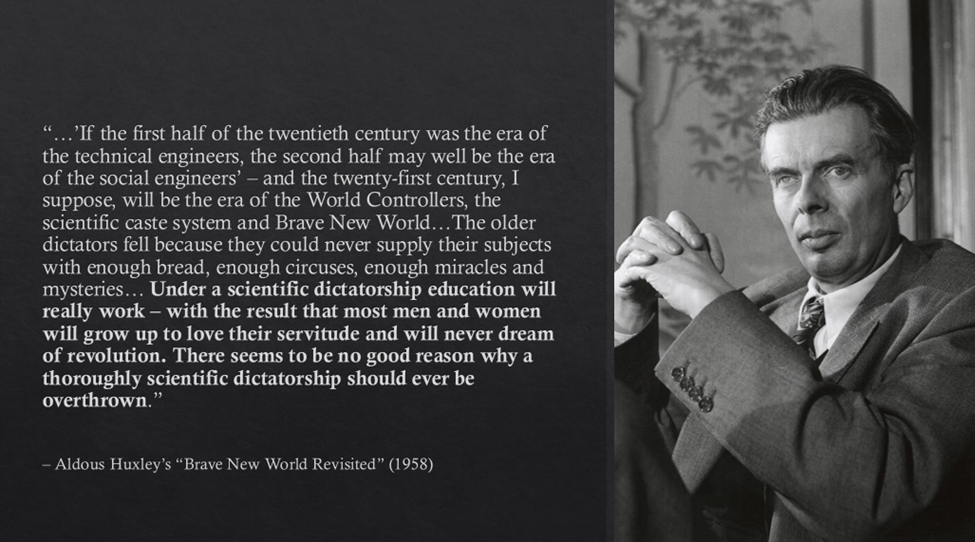
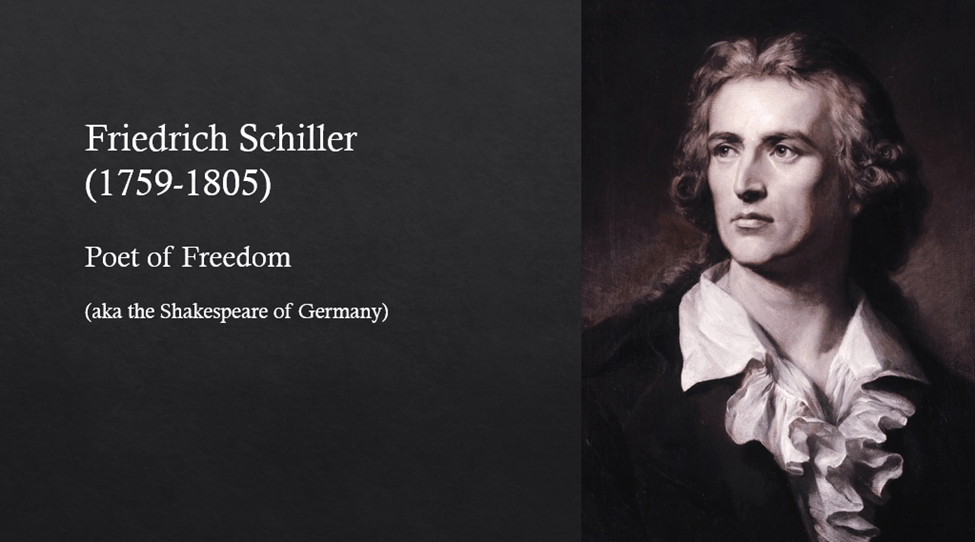
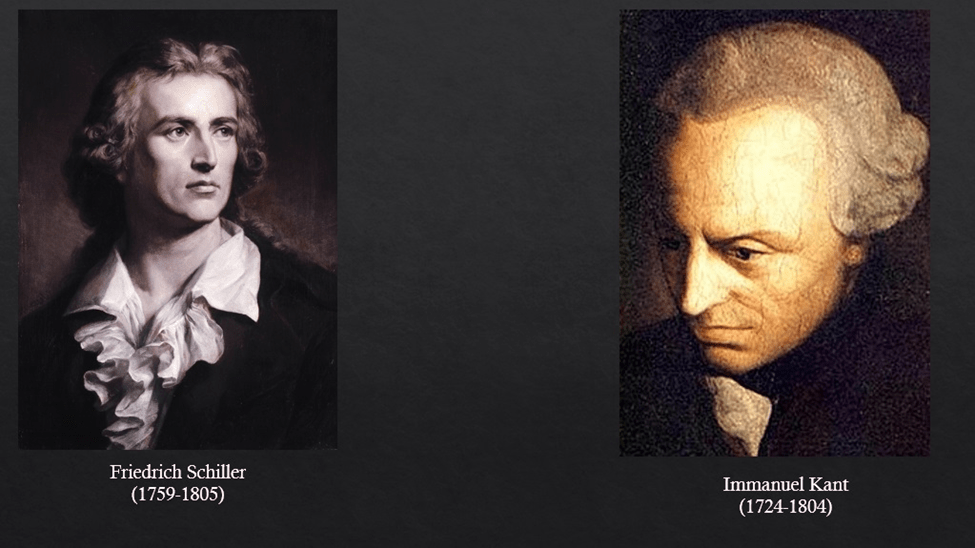
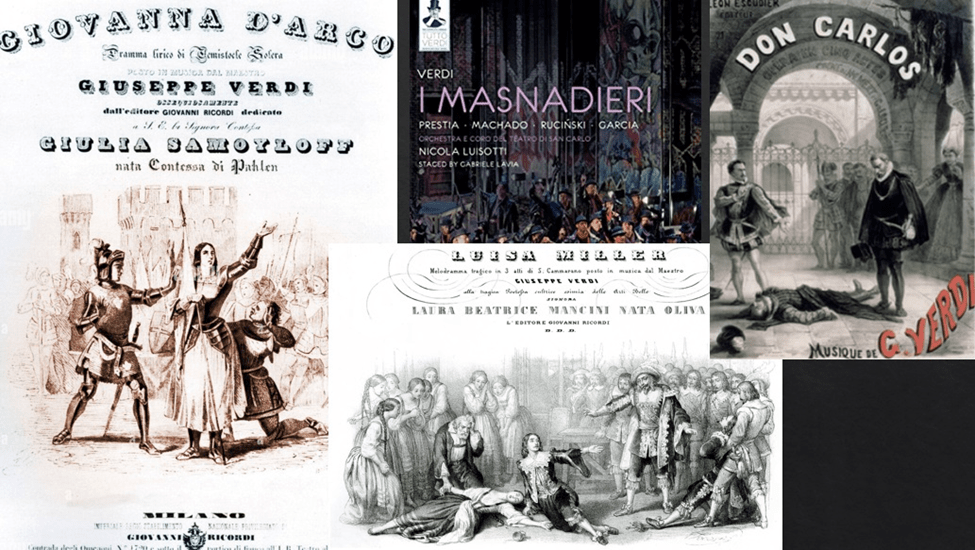
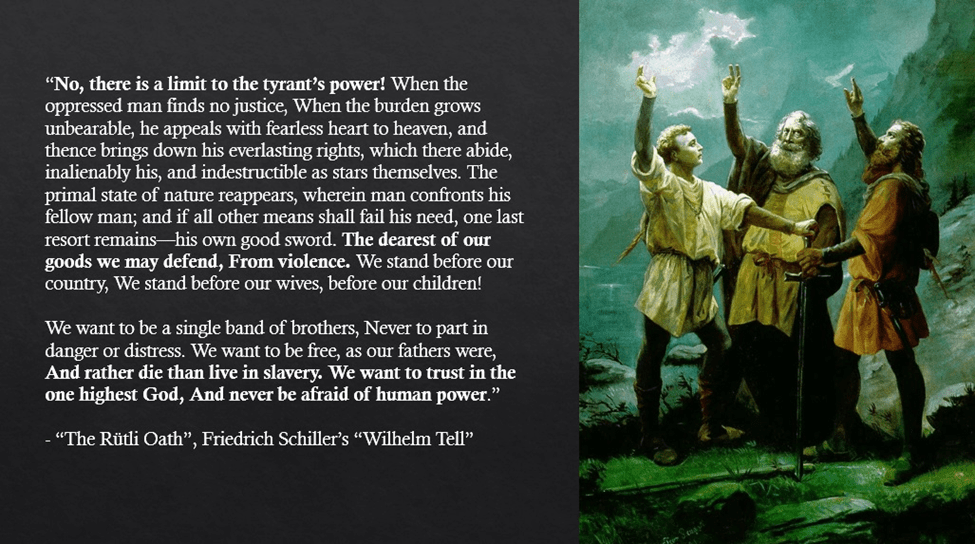
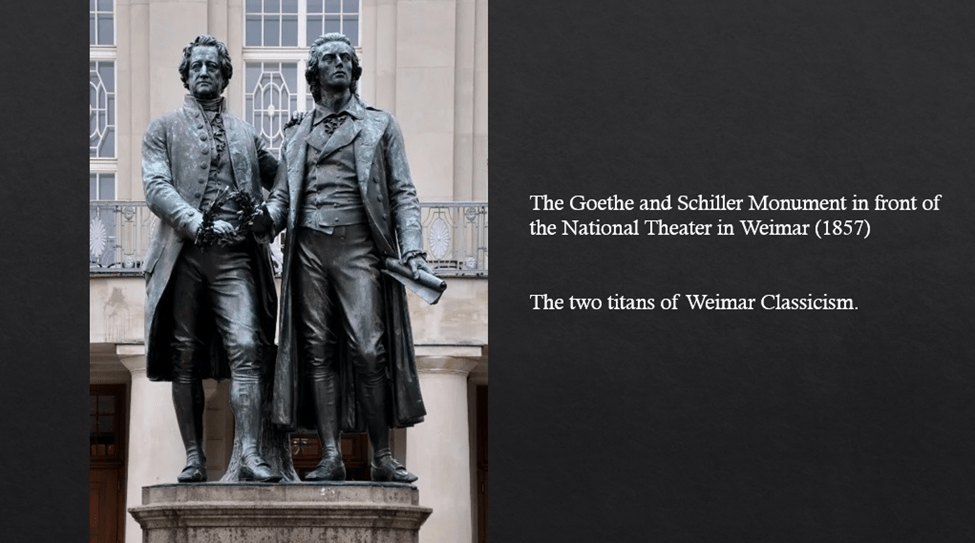

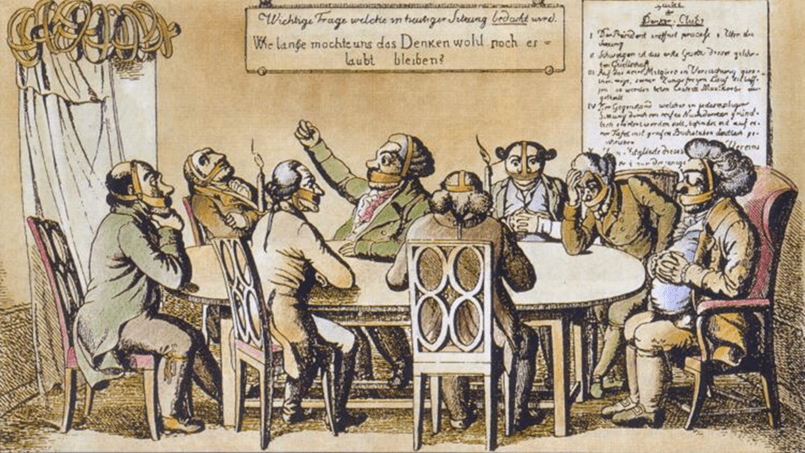



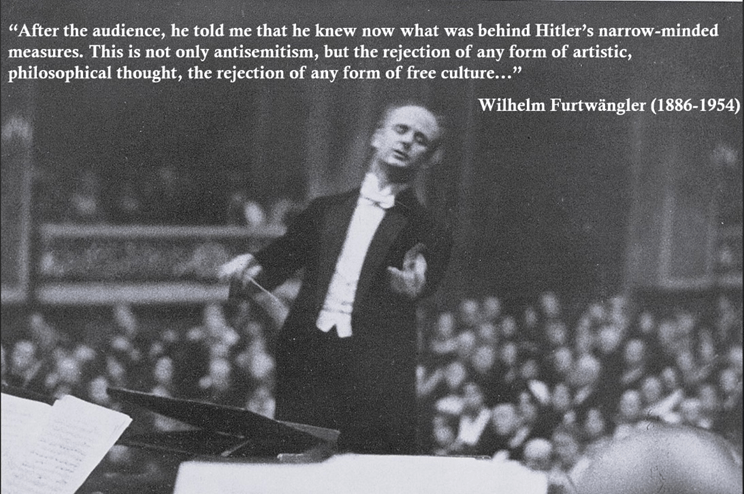
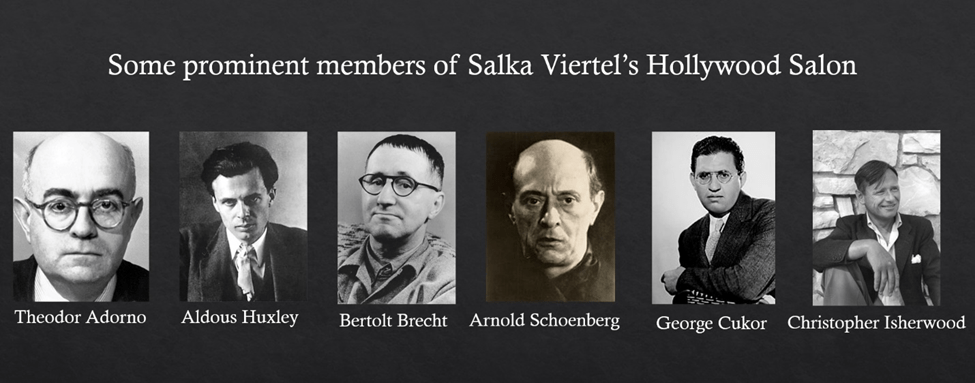
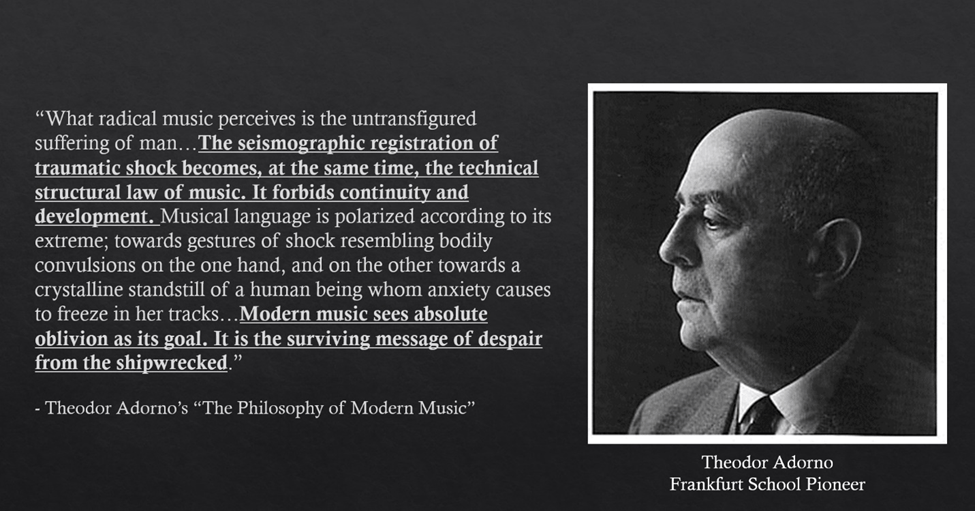
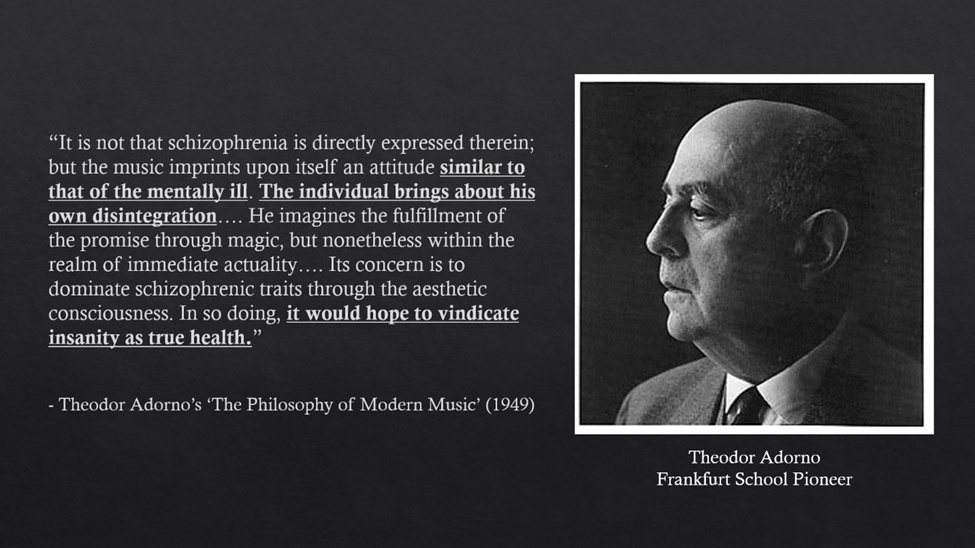

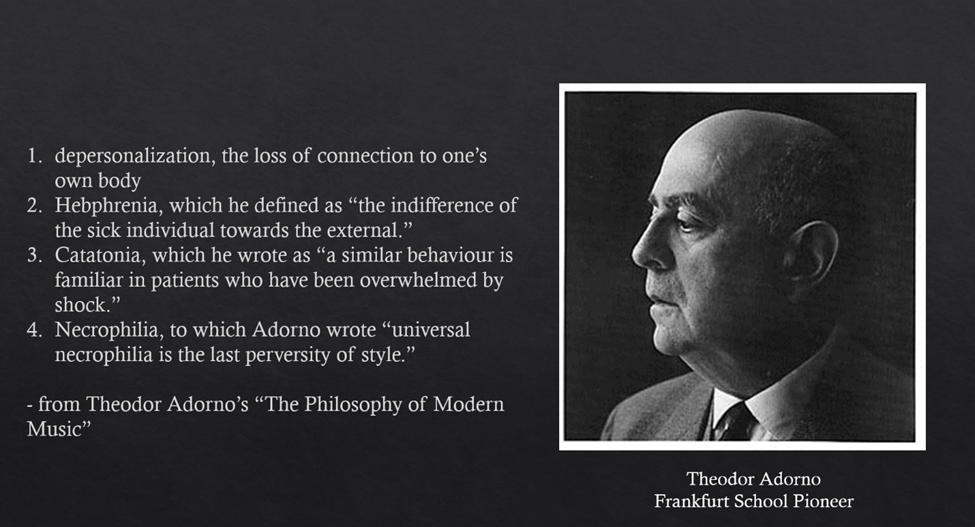

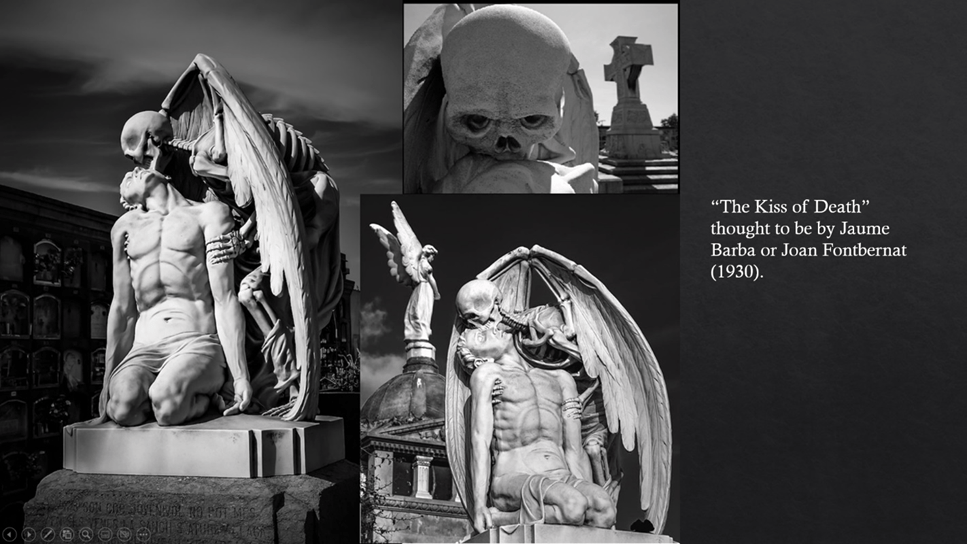

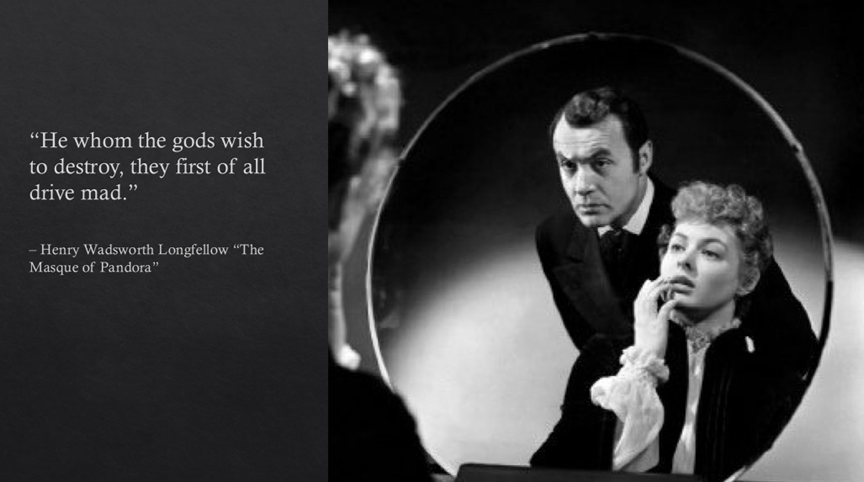
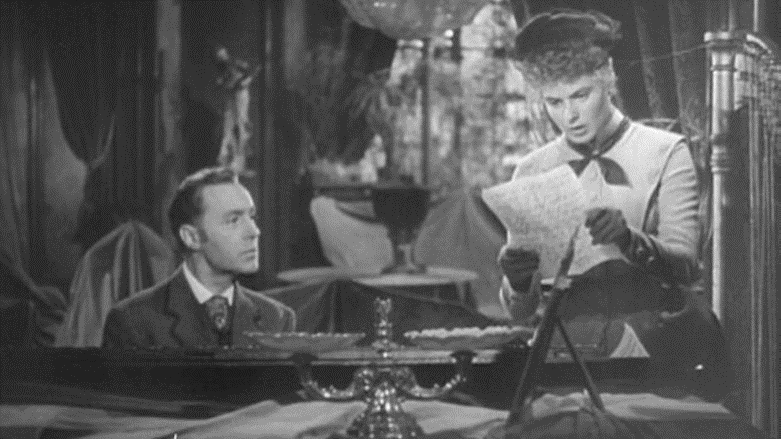
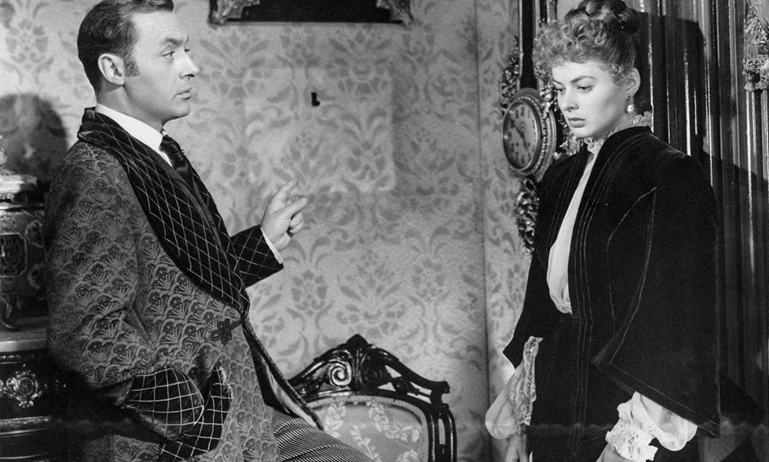
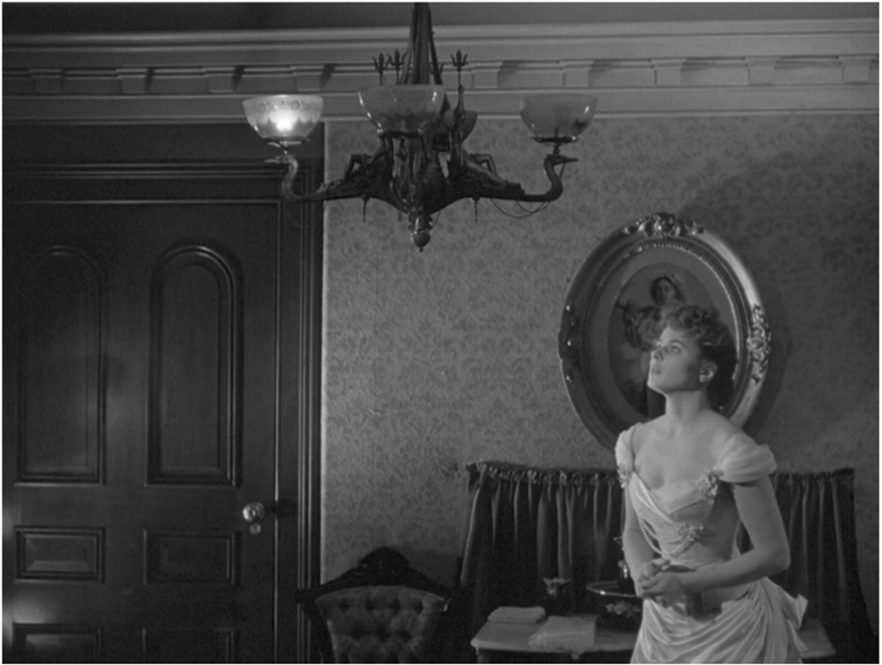


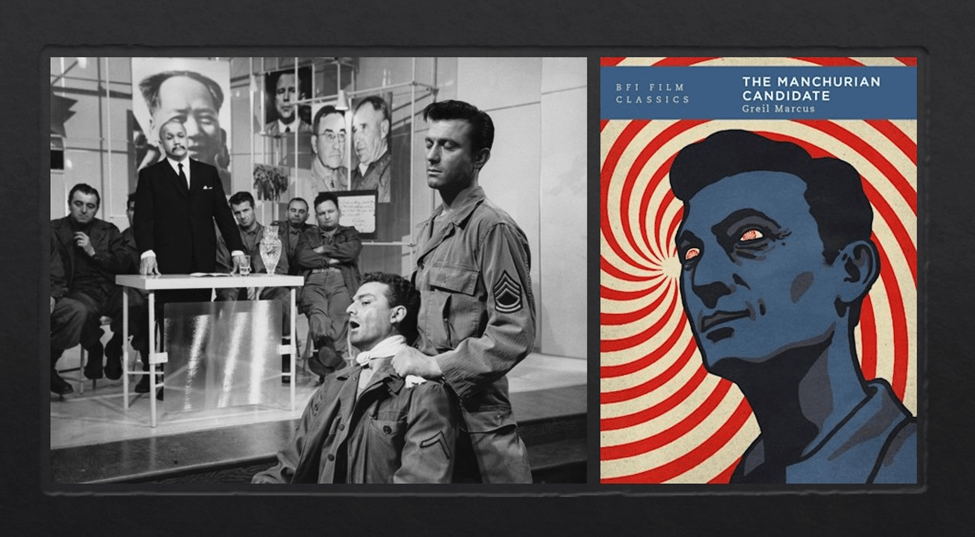
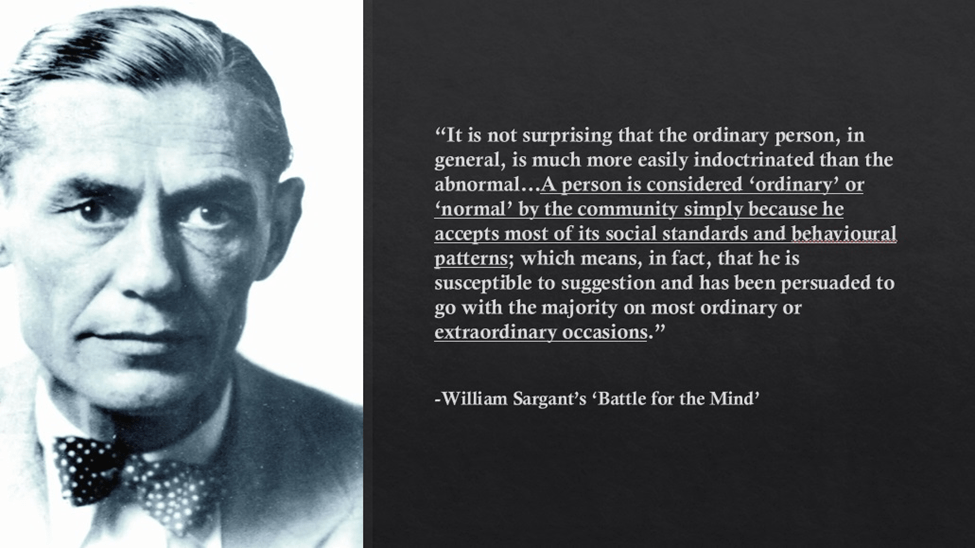


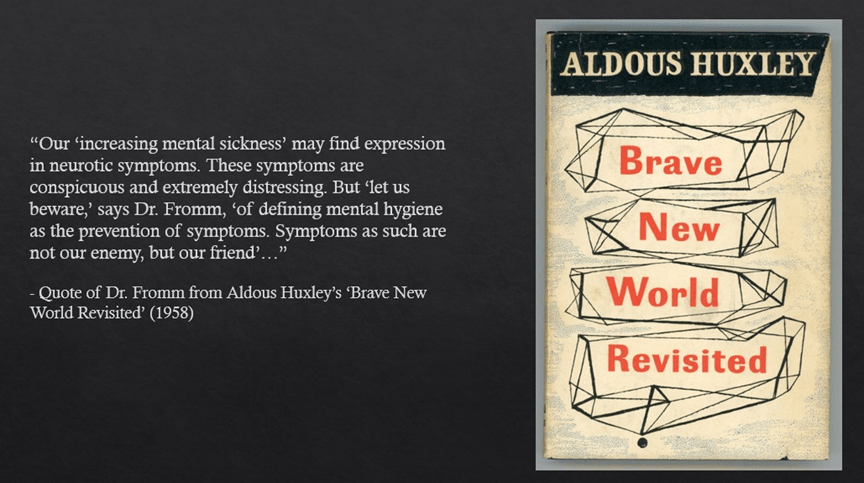




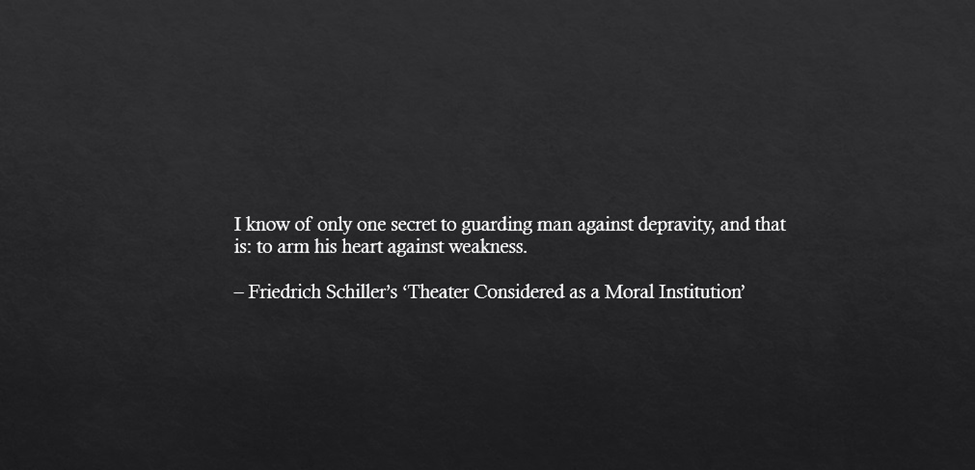
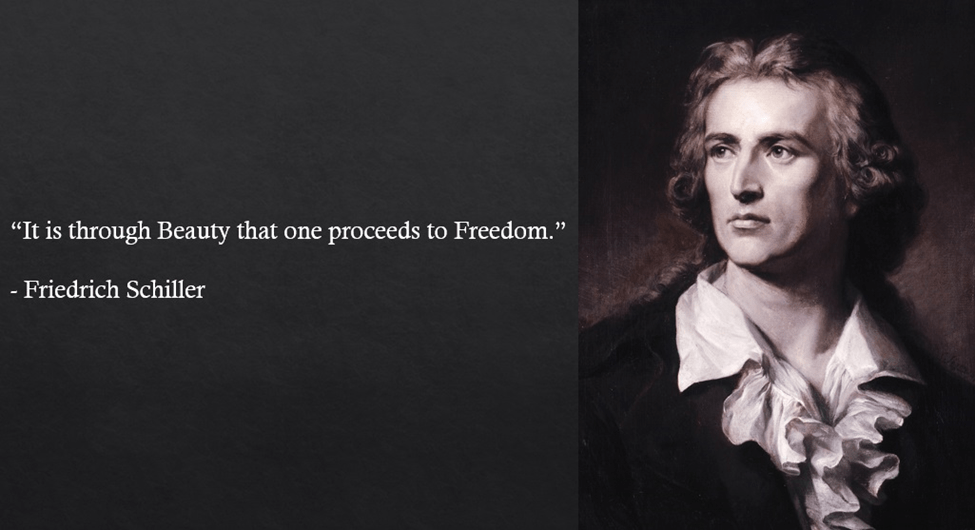
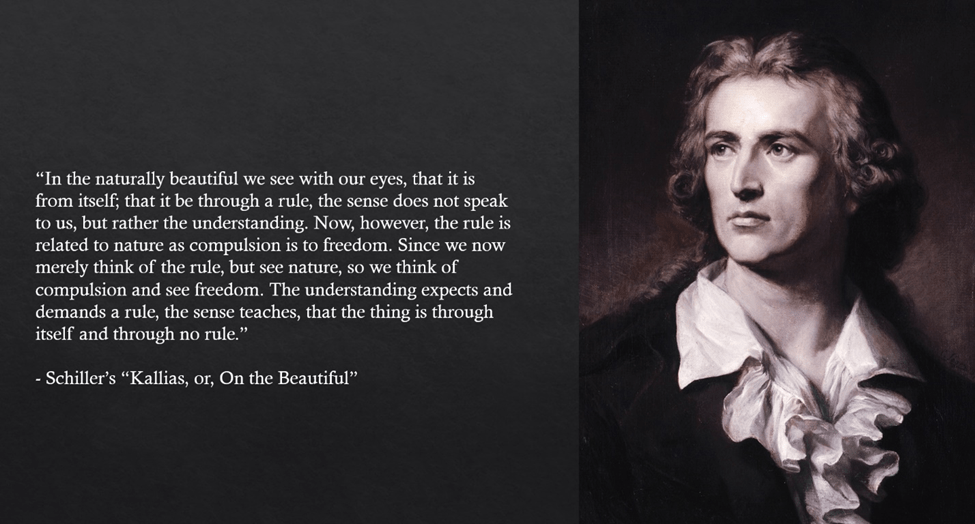


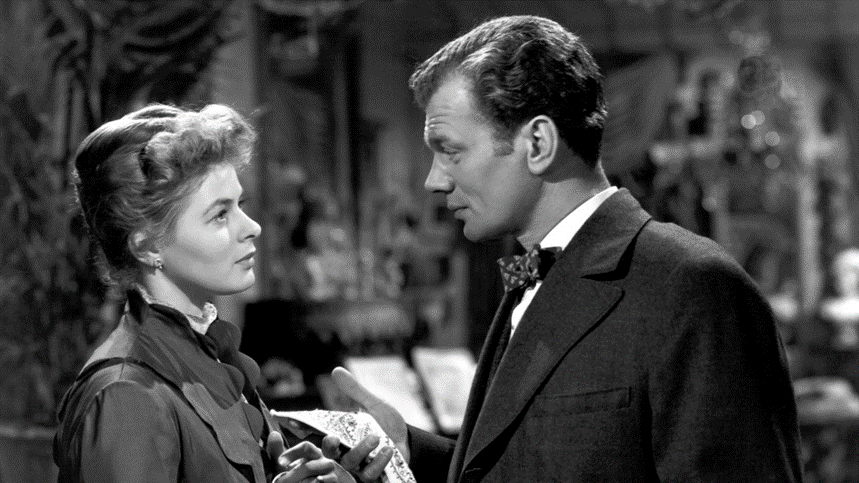
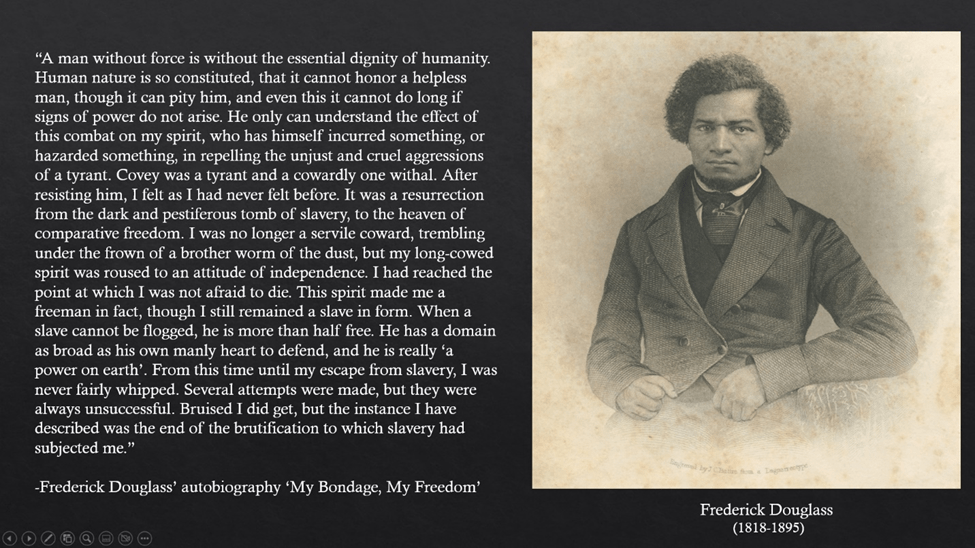
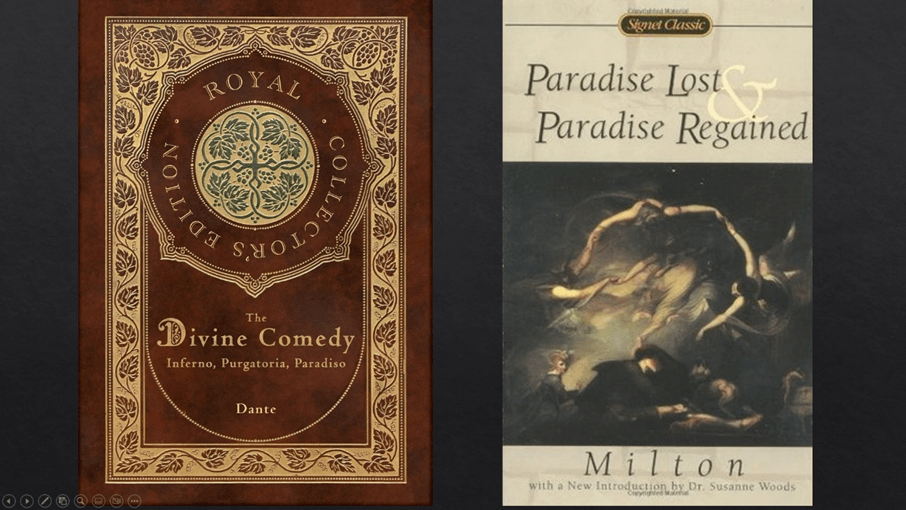
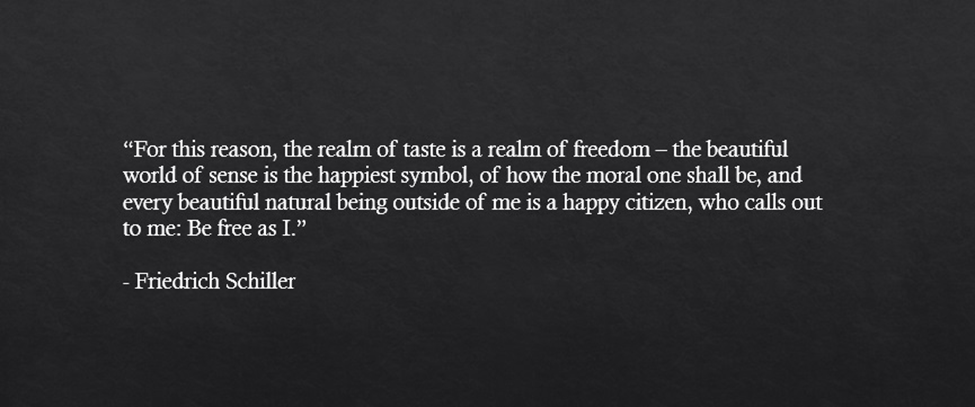
No comments:
Post a Comment